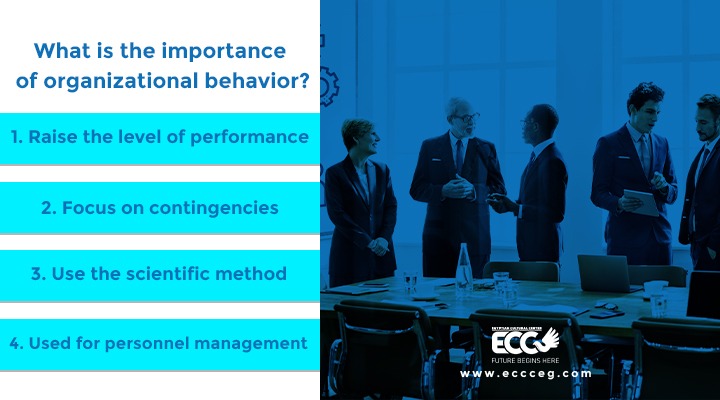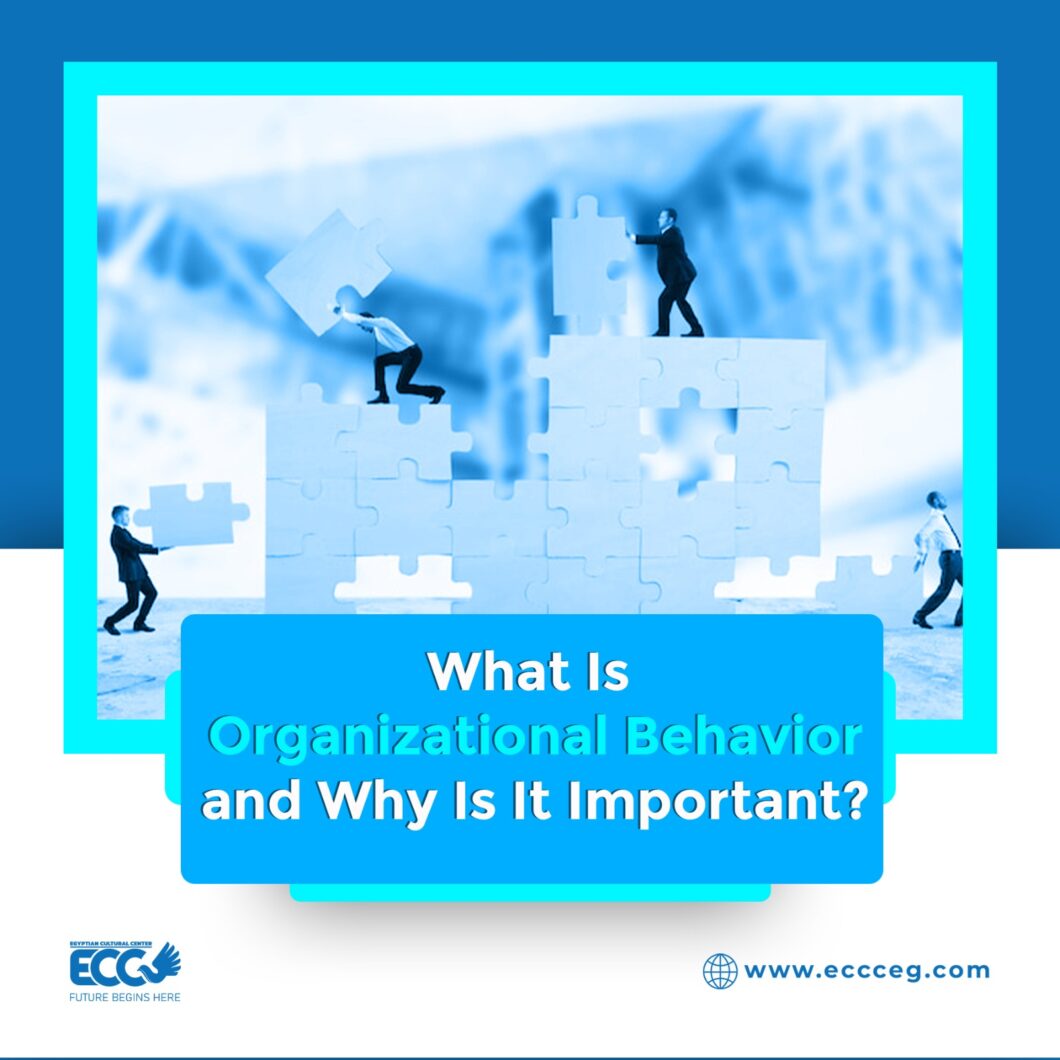Have you heard of organizational behavior? This is a field of study that investigates the effect that people, groups, and structures have on behavior within companies.
As a preview we can say that the theory of organizational behavior has a very clear purpose: to know how people act in organizations and, based on that information, improve the way these establishments function to achieve more optimal results.
In this article we are going to learn in depth what organizational behavior is and what its importance is.
What is organizational behavior?
Organizational behavior is a discipline that studies the dynamics that occur between people and groups in the work environment.
For this reason, it is responsible for reviewing the influence that they exert on companies and, in turn, the influence that organizations exert on them.
In other words, organizational behavior portrays the continuous interaction between people, groups, and companies and their mutual influence.
Therefore, we can see two characteristics of organizational behavior that stand out:
The behavior of individuals. It focuses on topics such as personality, attitudes, knowledge, and motivation.
For its part, it also portrays the behavior of the groups. Therefore, it includes topics such as rules, functions, team building, and conflict management.
However, it is necessary to clarify that, according to this field of study, the behavior of a group cannot be explained solely as the sum of the actions of each individual that makes it up. For this theory the behavior of the group is different from that of each of its members.
Read More: Mba In Saudi Arabia
Understanding Organizational Behavior (OB)
The people in your company behave as individuals and also as members of a group. Therefore, you need to study behavior from both angles.
Without a doubt, understanding what organizational behavior is a challenge, since on the one hand, it involves reviewing aspects that can be easily observed such as:
- Global objectives.
- Company policies.
- Procedures adopted.
- Applied strategies.
- Organizational structure.
- Chain of command.
- Technology used.
Other issues also need to be known to understand how an organization behaves, but that is more difficult to identify, for example:
- Perceptions and attitudes of each person.
- Group norms.
- Informal interactions.
- Interpersonal and intergroup conflicts.
What is the importance of organizational behavior?
For managers, it has never been more important than now to understand organizational behavior. If we review the profound changes that the labor market has experienced in recent times, we will see that today this theory is fundamental for the competitiveness of companies.
The importance of organizational behavior lies in the deep understanding it provides about the company’s people, their actions, and interrelationships. Thanks to this, as a leader of your company you can:
- Study behavior of groups and individuals.
- Predict what people within your company will do.
- Understand your employees to know what they need and what motivates them.
- Know the skills, knowledge, and tools necessary to improve talent satisfaction and results.
- Lead the team to work with greater efficiency and productivity.
- Create a healthy work environment.
- Replace intuition with systematic study.
Have greater control of human activities in your organization.
Read More: Best Online DBA Programs 2024
Characteristics of organizational behavior:
Up to this point, it is clear that organizational behavior is vital to understanding how companies work. To continue delving into this concept, now we are going to know what its distinctive characteristics are.

Raise the level of performance
Its objective is to help people and organizations raise their level of performance. Thus, by applying this methodology, companies can ensure that people feel satisfied with their work and, at the same time, improve the company’s competitiveness standards, contributing to its success.
Focus on contingencies
For the theory of organizational behavior, nothing is fixed and an invariable way of managing a company cannot be determined. Hence the focus of this field of study focuses on contingencies or what the author calls the “situation approach”.
You cannot manage an organization and the people who work in it in a single way, everything will always depend on the circumstances. Therefore, organizational behavior also takes into account variables such as the environment, that is, the internal and external environment in which the company operates.
Use the scientific method
Another characteristic of organizational behavior is related to the way of accessing information. Basically, proposes the systematic investigation typical of the scientific method.
Used for personnel management
In organizational behavior, people are the basis of everything. Because human capital is what makes a company alive and in continuous transformation. Therefore, the essential objective of this field of study is to help talent and organizations understand each other better.
Objective of organizational behavior
The objective of knowing organizational behavior is guarantee effectiveness in personnel management to achieve the organization’s goals.
For example: the detection of conflict situations or problems among the employees of an organization can contribute to improving the organizational climate and optimizing the effectiveness of the productive level.
Knowledge of organizational behavior and management’s handling of that information may determine better performance, greater productivity and, in definitively, the success of an organization.
Read More: 11 Cheapest MBA in Europe
Variables in organizational behavior
The main variables that intervene in the behavior of people in an organization are:
Variables related to organizational culture. Organizational culture is the identity of the company, with its norms, values , and ideologies, that is, the way in which the company manifests itself and develops. Some related variables are:
- The internal policies of the company.
- The work methodologies.
- The method of hiring personnel.
- Formal or informal treatment of employees.
- The prestige or reputation that the organization achieved in society.
Variables related to the organizational climate. The organizational climate is the way in which people perceive the organization and is what determines the work environment. Some related variables are:
- The individual ideology.
- The values.
- The personality.
- The age ranges.
- Culture.
- The interests.
- The emotions.
- The ideologies.
- The motivations.
To begin your journey in studying an MBA with the Egyptian Cultural Center, register now for a free consultation with one of our educational consultants through the following link: https://eccceg.com/


